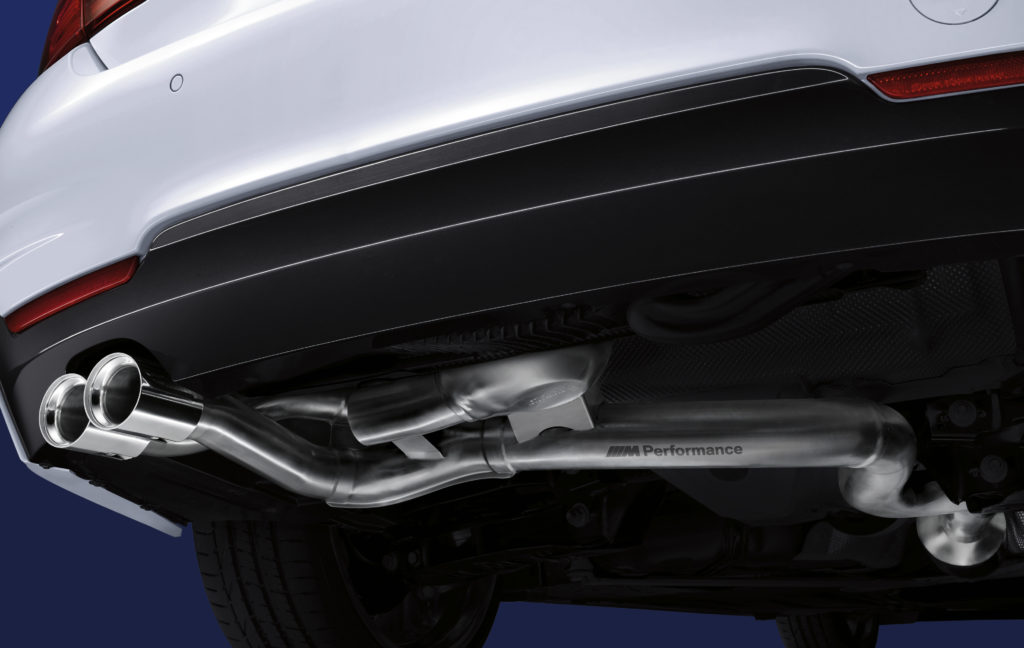The U.S. Department of Justice has launched an investigation into potential antitrust law violations which may have occurred when BMW, Ford, Honda, and Volkswagen reached a voluntary agreement with the state of California to maintain stricter emissions standards. The four automakers reportedly engaged with California lawmakers back in July to adopt emissions standards, namely fleet fuel economy levels, which are higher than those which may soon be adopted by the EPA, but lower than those brought forth by the previous White House administration.
Interestingly, the news comes after the automotive industry collectively lobbied the current administration to roll back certain fuel efficiency standards, a move that was met with public backlash. Popular Mechanics dug into the story a bit deeper, and offered the conclusion that, although the four automakers agreeing to adhere to California fuel economy standards going forward appears virtuous, the reality of the situation still falls short of the previously established requirements.
Under the previous directive, auto manufacturers were gearing up to hit a fleet average (CAFE) of 54.5 MPG by 2025. Current plans are proposing to freeze the CAFE standard at the 2021 level of 37 MPG, while the California emissions agreement which BMW, Ford, Honda, and VW are all part of, set a standard of 51 MPG to be reached by 2026. Although it comes in a year later and 4.5 MPG shorter than the previous rules, the California deal still represents a decent middle ground between the earlier precedent and forthcoming proposal.
The thing to remember is that, although automakers lobbied to have fuel economy standards relaxed going into the future, the rules put forth back in 2009 and then in 2012 remain baked into many of the overarching plans and corporate strategies of these companies. BMW remains committed to an electrified future, and has accelerated plans to roll out new models so they can hit the market ahead of schedule by as much as two years, and has set a goal to have sold one million EVs in total by 2021.
Perhaps this is why economies of scale may have been the driving force behind BMW, Ford, Honda, and VW pursuing a deal with California. Why build multiple specifications of various car models to meet differing standards across the country, when reaching an agreement with California, the largest auto market on the continent, means that auto manufacturers can focus on a single specification that meets California standards (to which thirteen other states have agreed to) which can be sold everywhere else?
Automakers were sent a latter from the DOJ in late August which informed them of the federal government’s concern with the California agreement. While the notice asserted that no conclusions had been reached, top lawyers at the EPA and DOT informed the California Air Resources Board (CARB) that the agreement with BMW, Ford, Honda, and VW may have been unlawful and thus invalid. This story remains ongoing, as this week, plans to strip California of its authority to enact emissions regulations were made public.—Alex Tock
[Photos courtesy BMW AG.]
